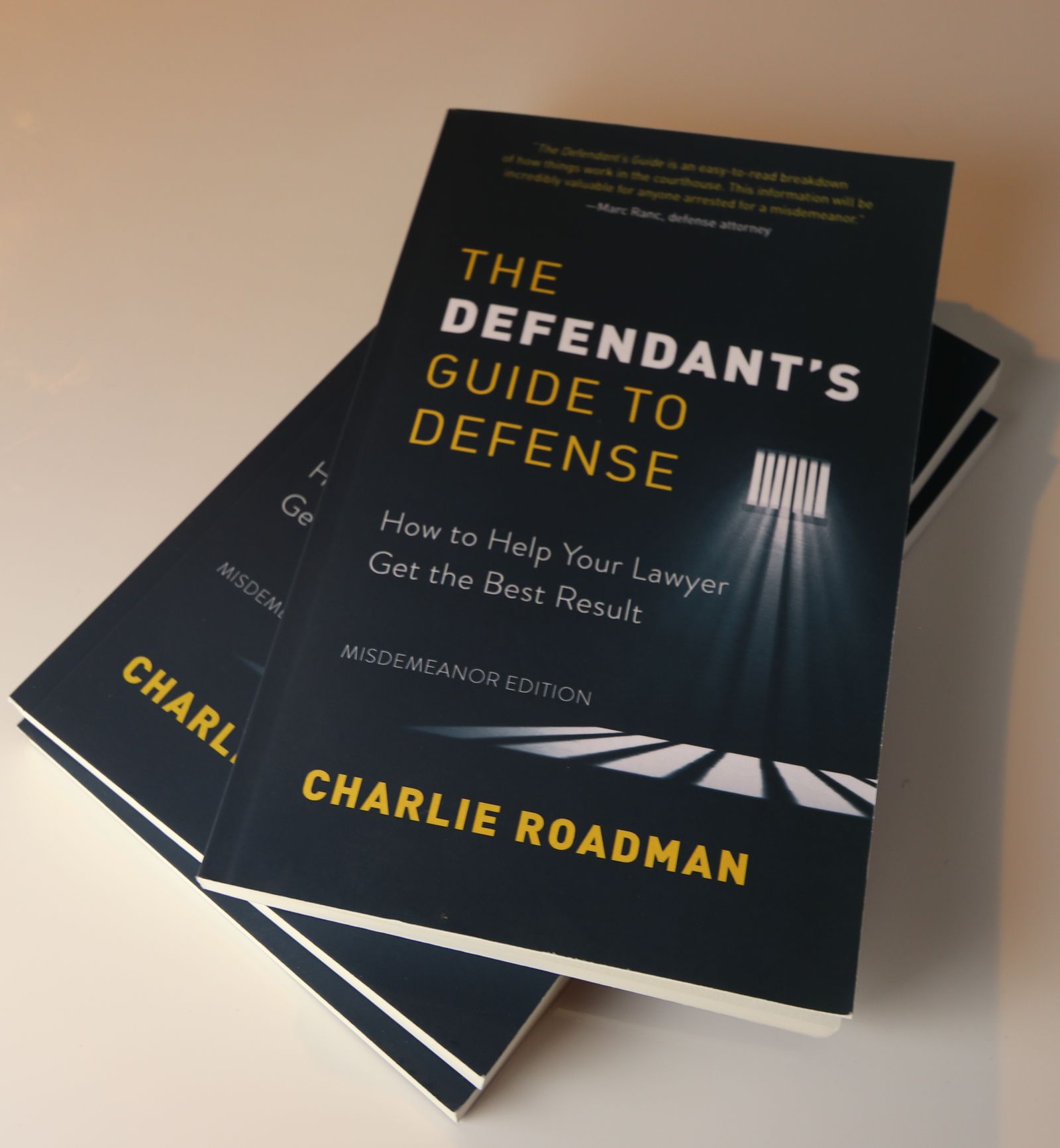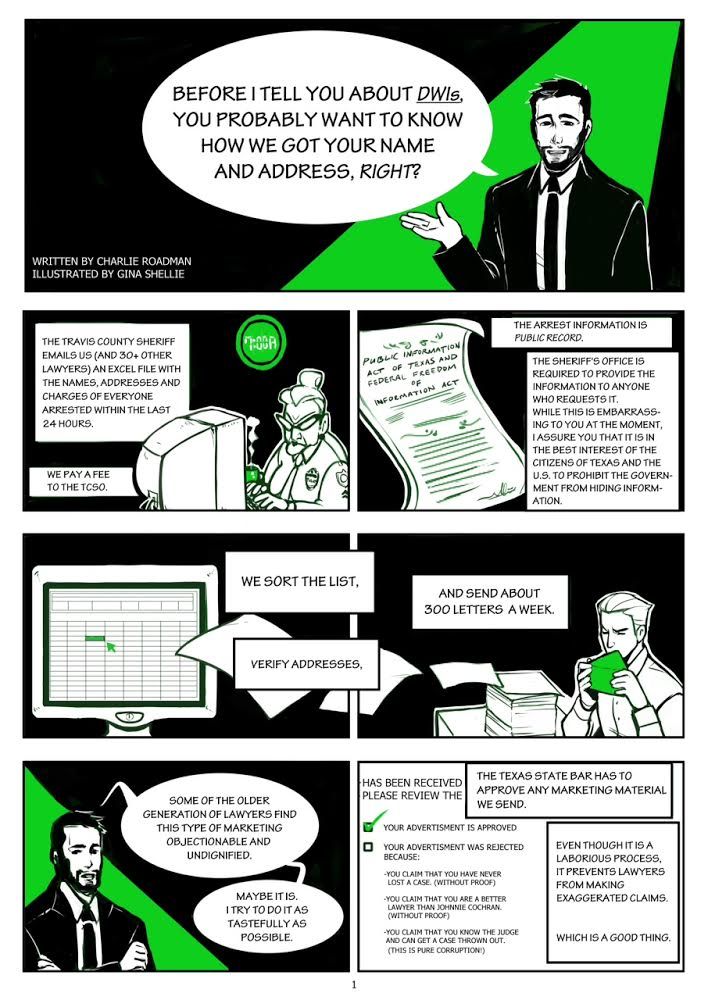The Prosecutor's DWI Misdemeanor DWI Algorithm
The Prosecutor's DWI Misdemeanor DWI Algorithm
Charlie discusses the factors that prosecutors consider when determining plea bargain offers for individuals charged with a DWI.
FAQs
- A: Prosecutors consider four main factors:
- Blood alcohol content (BAC) from tests like Intoxilyzer, breathalyzer, or blood tests.
- Video evidence, which includes interactions with police and field sobriety tests.
- The reason for the traffic stop, whether it involves a collision, traffic violation, or other circumstances.
- The individual's criminal history, especially if it's related to alcohol offenses.
- A: The strength of these factors helps determine the type of plea bargain offered, such as jail time, probation, deferred adjudication, a reduction in charges, a Class C ticket, or diversion.
- A: Prosecutors primarily look at two things:
- The amount of evidence indicating guilt in the particular case.
- Whether the evidence suggests a likelihood of future DWI incidents.
- A: An alcohol-related criminal history can significantly impact the plea bargain offer, with more extensive histories leading to potentially harsher outcomes.
- A: Prosecutors aim to encourage behavior change in individuals with a history of DWI or those who pose a risk of reoffending. They may be tougher in their plea bargain offers to achieve this goal.
Q: What factors do prosecutors assess when offering a plea bargain to someone charged with DWI?
Q: How do these factors influence the plea bargain offer?
Q: What are the key considerations for prosecutors when making these decisions?
Q: Why do prosecutors take an individual's criminal history into account?
Q: What is the ultimate goal of prosecutors when deciding on a plea bargain offer?



